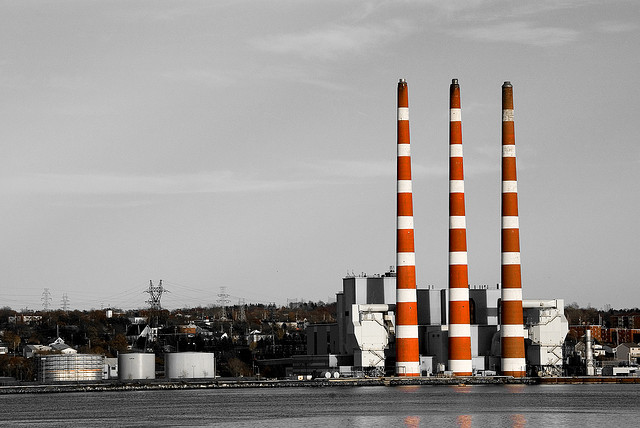It’s a brutal winter for power rates and oil bills. Wherever I go, people are fretting about what to do. Small electric heaters to heat one room at a time are flying off the shelves. Some are putting in heat pumps, some are insulating at the behest of Efficiency Nova Scotia (ENS), but most are overwhelmed and confused.
They don’t know what solutions are out there, where to look, how much they cost, how effective they are, who can install them and so on. And they don’t know whom to ask. Some even write in and ask me.
As it turns out, there are plenty of options out there, and potentially a big demand, but no system to deliver them.
Here’s my modest proposal to government: a plan to fill that void.
Start with a website, manned by experts, listing the many options and techniques (partial list below), how to get them, who installs, their price range, how well they work, financing options, and more. Make it interactive, so people can ask questions, make suggestions and maybe even advertise their services.
Second, since the private market mostly isn’t doing the job, light a fire under the building supplies stores and plumber/electricians with the aim of creating “sales and service” for energy-saving options in at least a dozen towns in Nova Scotia in addition to HRM.
Finally, when everything’s in place, advertise it, at least initially, especially in the local newspapers in order to get it kick-started.
Here’s a rough list of what’s out there.
A month ago, I mentioned heat pumps in a column and got jumped on by a bunch of experts on grounds that I was promoting these as the one big solution. I meant it as one example of many.
There are indeed heat pumps, air-to-air and groundwater-based.
There are solar panels, air-to-air and liquid-to-liquid, for both space heating and hot water. Some generate electricity. Solar is coming on big in the world. We even manufacture panels here — but we’re way behind in using them.
There’s natural gas, where available, and government would do well to revisit the restrictive practices of the Heritage Gas monopoly and make it more available.
There are wood pellet stoves — less awkward and messy than wood.
Amazingly, there are also grass pellets — with an industry trying to take root in Nova Scotia, using those sky-high elephant grasses. (Question: would this be the proper way to use human manure fertilizer — by turning it into energy?)
There are several options from Nova Scotia Power — electric heaters that come on overnight when rates are cheap and release heat during the day, financing on your power bill for a heat pump, arrangements to generate your own electricity in part. There’s electronic stuff coming on — smart meters, smart thermostats, gizmos to tell you what you’re using, all aimed at better managing your energy load. Studies are mounting showing that they work.
Hot water can be a third or more of your household power bill. Coil heaters that only draw power when you turn on the tap have been around for decades. What about them? One senior lady wrote me, saying she dropped her power bill to under $100 by keeping her hot water turned off until an hour before she takes a shower, and keeping a pot of water on her wood stove for other uses.
Plus, of course, insulation, windows, etc.
And so here’s the big question: If this can be taken seriously, who specifically should do it? In my estimation, it should be ENS, in concert with relevant government departments.
As we know, the McNeil government has been hostile to ENS and was threatening to more or less kill it to get its costs off the power bills. It seems to be hesitating, and so it should.
It is right to want to make ENS more efficient, if that’s its new intention. ENS could drop some of its dubious stuff — changing light bulbs, that home efficiency mailout that bears little relation to reality, and other things — in exchange for filling the rest of the efficiency void I have described, and guiding people to do it themselves.
And here’s the hard conclusion. Energy conservation is emerging, worldwide, as better than new energy projects — delivering three times the benefits per dollar invested.
The International Energy Agency has just come out with the first global study on efficiency, concluding that as of 2011, 11 leading countries spent $300 billion on efficiency measures — more than on oil, gas and coal-fired electricity combined, and it’s rising.
“Avoided energy,” it says, has also been a bonanza for “energy service” companies — of the type that ENS is stimulating now in Nova Scotia and would stimulate more if it were given this extra job of basically setting up a private market for efficiency and alternatives.
Ralph Surette is a freelance journalist in Yarmouth County. This article was first published in the Chronicle Herald.
Photo: bonedad/flickr



